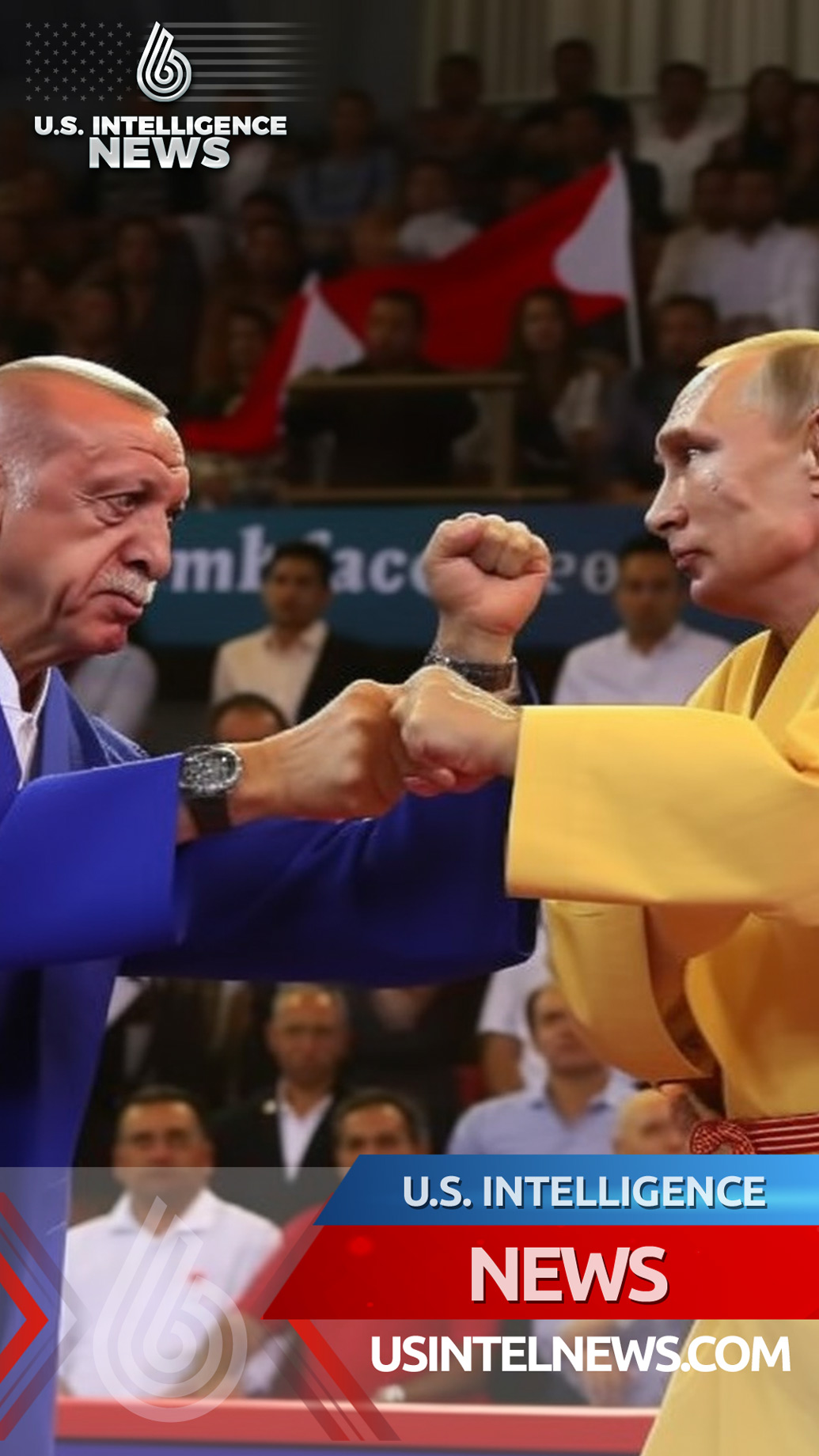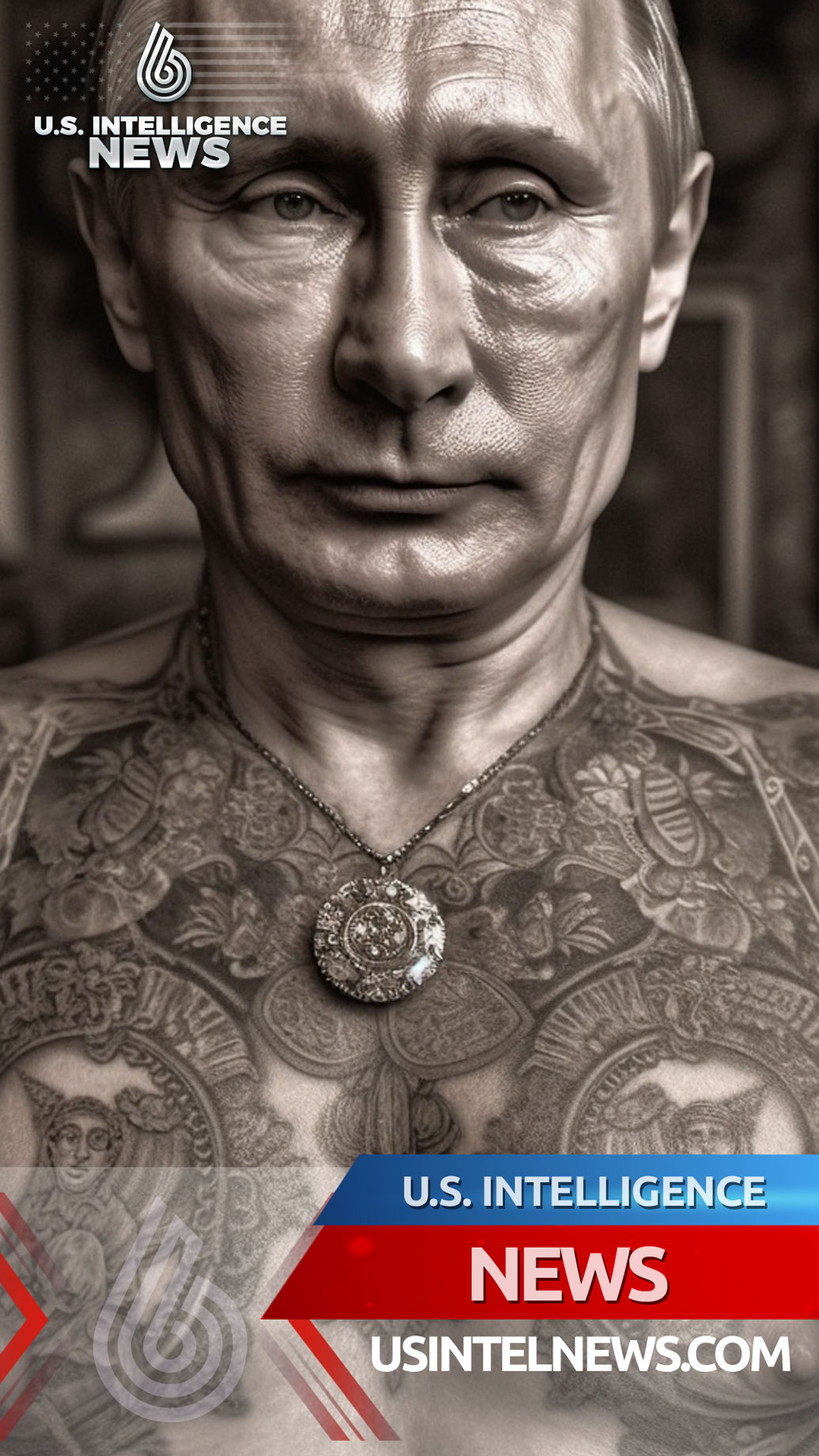
The U.S. Intelligence Community
The State Department released the 2018 Country Reports on Human Rights Practices (Human Rights Reports). The Human Rights Reports document the status of human rights and worker rights in ca. 200 countries and territories, which are required by U.S. law and are used by the U.S. Congress, the Executive branch, and the Judicial branch as a factual resource for decision making.
The 2018 Country Reports on Human Rights Practices Report unmasks Milorad Dodik and his regime in Republika Srpska, by showing the whole world the true face of the regime in connection with the case David Dragičević and the Pravda Za Davida movement. As announced by U.S. intelligence News, President Trump and Mike Pompeo kiss goodbye Milorad Dodik and his regime.
Freedom of Expression, Including for the Press
Political and financial pressure on media outlets continued. Some media outlets noted that allegations of tax evasion and elaborate financial controls continued to be powerful tools in attempts to silence outlets. A number of physical attacks against journalists occurred during the year. The trend of politicians and other leaders accusing the media of treason in response to criticism intensified. In June, RS President Milorad Dodik accused pro-opposition BNTV journalists Suzana Radjen Todoric and Zeljko Raljic of working against the RS. Using the fact that they went to London to attend a media course and linking this to his earlier conspiracy theory about British spies planning a coup in the RS, Dodik asserted that the journalists received special training in the UK, adding that it was understood what purpose this “training” would serve. The Banja Luka Journalists Club, BiH Journalists, and the British Embassy strongly condemned the allegations, noting they jeopardized the work of the free press and the physical safety of the two journalists.
[ora-video src=”https://www.youtube.com/watch?v=4Pkzo3mf83U”]
Violence and Harassment: Intimidation and threats against journalists increased during the year in connection with the approaching October elections. Cases of violence against journalists were recorded as well. Intimidation and politically motivated litigation against journalists for their unfavorable reporting on government leaders and authorities also continued. As of September the Free Media Help Line recorded 42 cases involving violations of journalists’ rights and freedoms or death threats and physical assaults
A series of physical attacks against journalists, included incidents involving a group of veterans assaulting journalists from the Klix.ba web portal and al-Jazeera Balkans during protests in Sarajevo and verbal attacks against a BHRT film crew covering separate protests in Tuzla, culminated in two masked assailants violently attacking a journalist from the pro-opposition BNTV, which was based in the RS. Vladimir Kovacevic, a BNTV journalist based in Banja Luka, was severely beaten as he came home after covering a protest. He sustained severe injuries and was hospitalized. The attack was condemned by journalists, government officials, and media organizations, including a number of journalists who protested in front of the RS president’s office in Banja Luka to demand that officials stop fostering a hostile press environment. Peaceful protests by journalists followed in major cities throughout BiH. The Banja Luka district prosecutor treated the assault as an attempted murder. Numerous outlets criticized the police investigation, stressing that it was actually Kovacevic’s father, not the police, who found the first piece of evidence. RS police arrested the first suspected attacker on September 10. Although police officials emphasized that the suspect remained silent and did not cooperate, the RS minister of interior, Dragan Lukac, immediately asserted that the government was not behind the attack, but that other political forces could be. Members of the press saw these as biased actions. The police have identified the second suspect in the attack and issued a warrant for his arrest, but he remains at large.
[ora-adt-link link=’PDF Document‘]
FREEDOM OF PEACEFUL ASSEMBLY
The law provides for freedom of peaceful assembly, and the government generally respected this right. In December, however, the RS Ministry of Interior banned a group of citizens from holding peaceful protests in Banja Luka. Prior to the ban, the “Justice for David” movement had been seeking justice in the case of 21 year-old David Dragicevic, whose murder has yet to be solved. Dragicevic’s family has mobilized thousands of citizens in support of their search for the truth and their efforts to demand justice for all. The RS government justified its decision to ban all public gatherings of the group, including protests, with claims the movement failed to fully respect the law during previous rallies. The RS police interrupted a December 25 gathering, in the process arresting 20 supporters of Justice for David, including two members of the Party for Democratic Progress (PDP) – President Borislav Borenovic and delegate in the RS National Assembly Drasko Stanivukovic. Some journalists and protestors have alleged that during the arrests police used excessive force on protesters, and have produced photographs that appear to support their claims. There are 10 laws governing this right in different parts of the country, all of which were generally assessed to be overly restrictive. Examples include the prohibition of public assembly in front of numerous public institutions in the RS, while some cantonal laws in the Federation (e.g., in Central Bosnia Canton) prescribe criminal liability for failing to fulfill administrative procedures for holding a peaceful assembly. Human rights NGOs reported that authorities manipulated and controlled the process of granting the right to assembly to civil society groups in both entities on several occasions in 2017.
[ora-money-site-link]


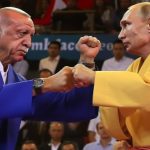 Kremlin’s High-Stakes Gambit: Secret Deals, a Presidential Double, and the Fight to Salvage Power in Syria
Kremlin’s High-Stakes Gambit: Secret Deals, a Presidential Double, and the Fight to Salvage Power in Syria 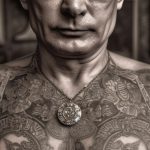 Putin’s Economic Gambit: Russia Aims for Global Oil Dominance Amid Sanctions Pressure
Putin’s Economic Gambit: Russia Aims for Global Oil Dominance Amid Sanctions Pressure  As Bitcoin Faces a Market Meltdown, Ethicoin Rises as the Ethical Alternative for a Sustainable Crypto Future!
As Bitcoin Faces a Market Meltdown, Ethicoin Rises as the Ethical Alternative for a Sustainable Crypto Future! 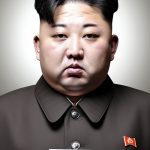 Are North Korean Soldiers a Burden or Asset in Russia’s Offensive?
Are North Korean Soldiers a Burden or Asset in Russia’s Offensive? 